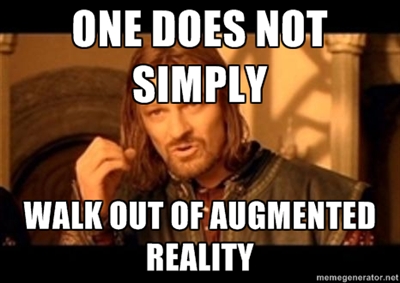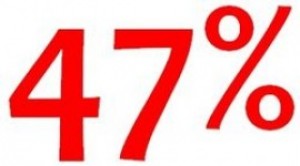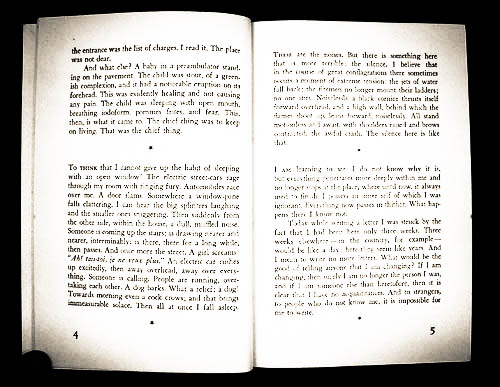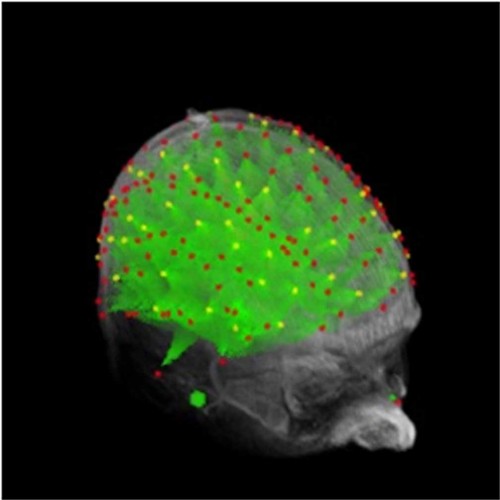I’ve recently been auditing a course with Jason Farman on “Space, Place, and Identity in the Digital Age” and he assigned a piece that was so profoundly relevant to this blog that I had to post about it immediately.
Lev Manovich’s 2006 article “The poetics of augmented space” published in Visual Communication (which he had apparently been working on since 2002 [edit: the article was actually first published in 2002]) is the earliest that I am aware of anyone using the term “augmented reality” in the broader sociological context of social interaction that flows between digital and physical (as opposed to the more limited computer science definition that describes it as merely the overlaying of digital information on the physical environment). more...







